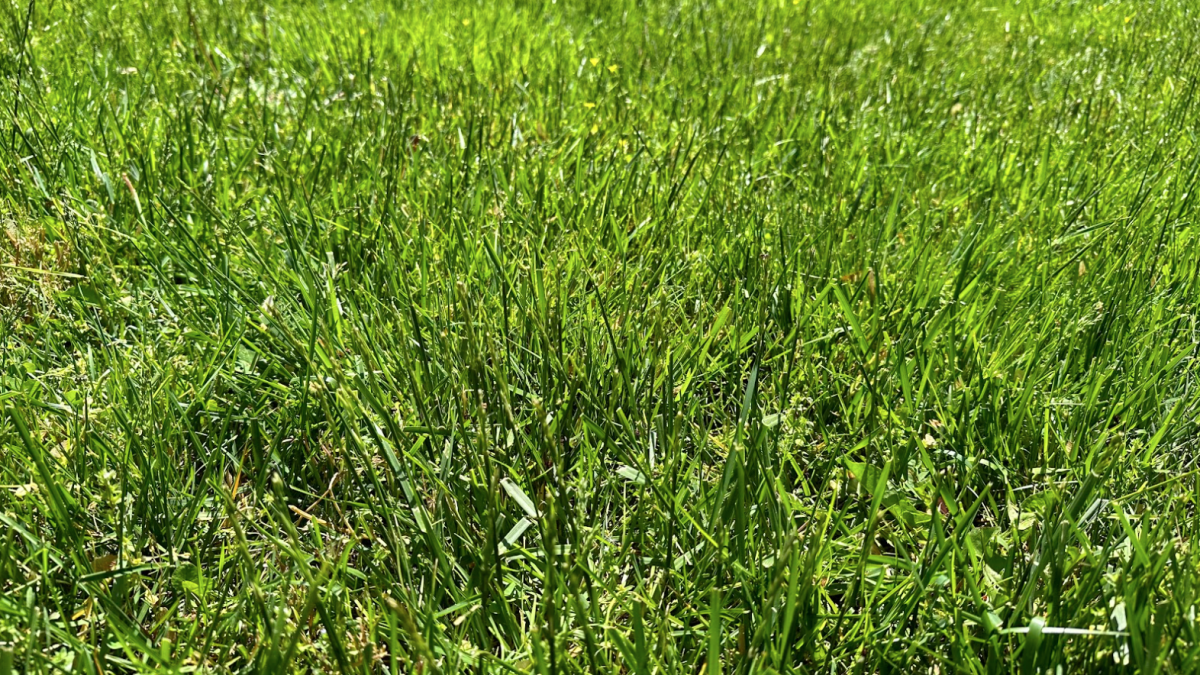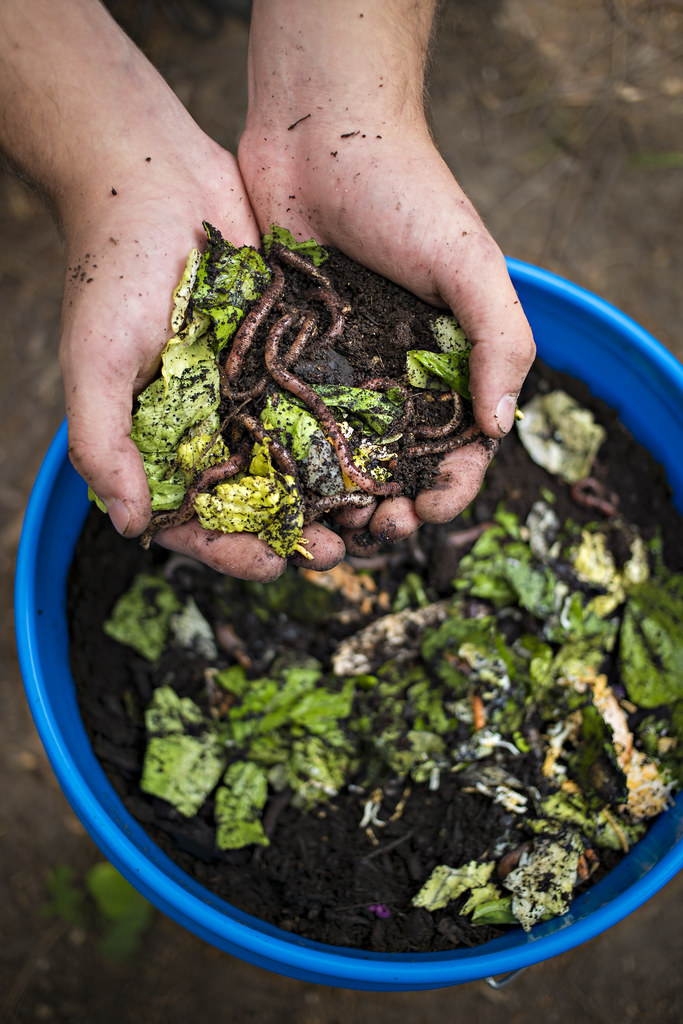Did you know that last year alone about 1.3 billion tons of food were wasted globally? Food waste is a large issue on agricultural, industrial, retail, and household levels. In nearly every step of the process, food is wasted before it arrives to the consumer and equally wasted when it comes to disposal of the scraps. Because of this, it is truely important that society works to reduce this waste.
A strategy, successful in repurposing the food scraps that typically end up rotting in landfills, is through a procedure known as composting. Composting is a controlled process that changes organic materials into a nutrient-rich soil or fertilizer. This task has many environmental benefits and is a lot easier to do than most people think.
In total, food waste amounts for 24.1% of municipal solid waste, and, when combined with other organic materials that could be composted, the total of organic matter that could be composted sums up to 51.4% of the municipal solid waste in landfills. When food and organic matter ends up in landfills, it prevents proper break down. Since the organic materials must decompose in anaerobic (without oxygen) conditions, bacteria will break down the food and as they do so, create methane. Therefore, the decomposition process in landfills causes methane to be released into the atmosphere. Methane is a powerful greenhouse gas that contributes to global warming, and about 58% of landfill methane emissions are released by wasted food.
Ultimately, composting decreases these methane emissions from landfills, as it reduces the amount of organic materials sent to them in the first place. However, these aren’t the only benefits of composting. The finished result of compost can be added to gardens and yards which will build a healthier soil, prevent soil erosion, improve plant growth, and eliminate the need for fertilizer.
Along with these benefits, composting is a process that can be easily implemented on a large scale within our community, such as our school district. Community composting is when the organic materials are obtained from local sources and the compost is used in community gardens. This form of composting not only has the benefits previously mentioned, but it also engages and empowers the community. These composting sites can serve as areas where the community can come together and learn how to compost, grow food, and spend time outside.
A common misconception is that composting takes a lot of work and that it is only for the hardcore gardeners and earth lovers. In reality, it is a lot easier than most people think. Creating a backyard compost is simple and can be done in many ways. You can create a pile in your backyard or have a bin that you store on your porch. To have a balanced compost you need a mixture of carbon-rich materials, “browns,” nitrogen rich materials and “greens,” air and water.
“Brown” materials include dry leaves, plant stalks, twigs, shredded paper (non-glossy/uncolored), untreated wood shavings, shredded cardboard (no wax coating or glue), and more. Examples of “green” materials are fruit and vegetable scraps, yard trimmings, coffee grounds, paper tea bags (no staple), and crushed egg shells. You should have two to three times the amount of “brown” materials compared to the “green” materials and a compost pile should be properly aerated. The finished compost will be dark, crumbly, smell like fresh soil and can be added to gardens to help new food grow.
The process of composting is completed in a full circle; when you use the compost to grow new foods and eat them, the steps repeat again. It helps you to reconnect to the food system and learn to appreciate it more. If people begin to appreciate the food that they have, maybe they will be less inclined to waste it on such a large scale. As the atmosphere continues to heat at an alarming rate, it’s important that people take as much action as they can to fight climate change. While composting is only a small solution to one of the many problems, a lot of small actions will add up to big changes.




















